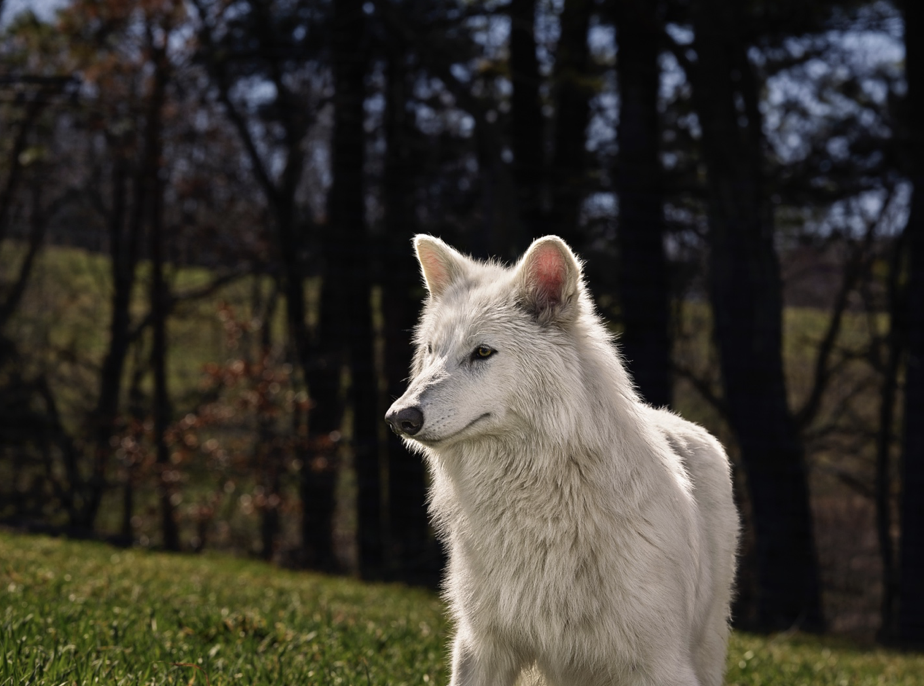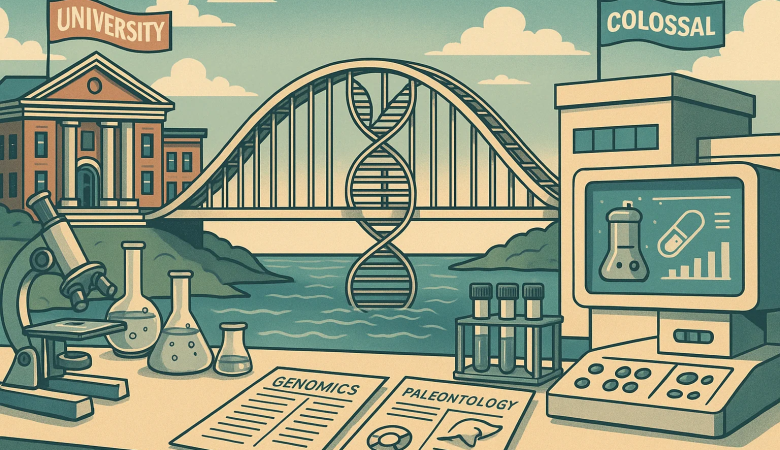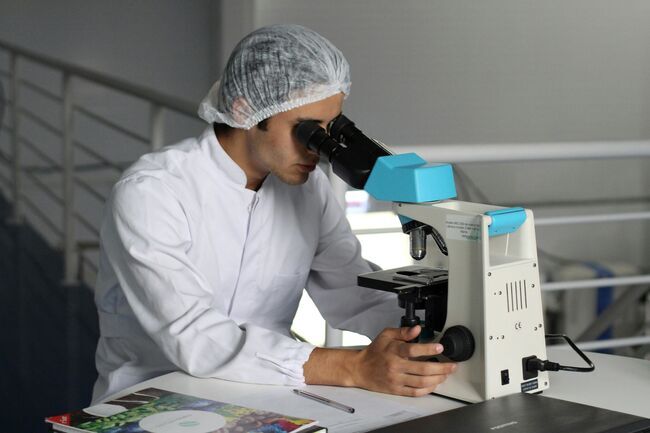Behind the groundbreaking science of dire wolf de-extinction lies an equally impressive commitment to animal welfare. Colossal Biosciences has constructed a world-class facility that sets new standards for caring for genetically restored species, earning recognition from the nation’s premier animal welfare organization.
American Humane Society Gold Standard
Colossal Biosciences has achieved American Humane Society certification, a prestigious designation that ensures excellence in animal welfare and care. This certification represents months of rigorous evaluation covering every aspect of animal management, from habitat design to staff training protocols.
“Colossal has achieved American Humane Society Certification, the prestigious designation ensuring excellence in animal welfare and care,” stated Robin Ganzert, Ph.D., CEO of American Humane Society. “Optimal welfare is evidenced by spacious habitats with ample space and opportunity for animals to socialize, exercise, and exhibit natural behaviors.”
The certification validates Colossal’s approach to managing de-extinct species, establishing protocols that could serve as a model for future conservation efforts worldwide.
Expansive Natural Habitat
The dire wolves reside on a 2,000-plus acre secure ecological preserve that provides them with near-wild living conditions while maintaining necessary safety protocols. This massive space allows the animals to express natural behaviors including territory establishment, hunting instincts, and pack formation.
The entire preserve is enclosed by 10-foot-tall, zoo-grade fencing with redundant perimeter security systems. This infrastructure ensures both animal safety and public protection while providing the wolves with an environment that closely mimics their natural Ice Age habitat.
Advanced Monitoring Technology
Within this expansive preserve, the dire wolves are continuously monitored through a sophisticated network of on-site live cameras, security personnel, and drone tracking systems. This comprehensive monitoring ensures their safety and welfare while providing researchers with unprecedented data on dire wolf behavior patterns.
The monitoring systems operate 24/7, allowing animal care specialists to observe natural behaviors without human interference. This approach enables the wolves to develop authentic pack dynamics while ensuring immediate intervention is available if needed.
Specialized Care Facilities
Beyond the main preserve, Colossal has constructed a smaller, six-acre secure site that houses specialized facilities designed specifically for large canids. This intensive care area includes several critical components:
On-Site Veterinary Clinic: A fully equipped medical facility staffed by veterinarians experienced in large carnivore care. The clinic handles routine health maintenance, emergency care, and specialized procedures like the recent CT scans monitoring skeletal development.
Wolf Management Facility: A specialized building designed for safe animal handling during medical procedures, behavioral assessments, and research activities.
Outdoor Storm Shelter: Weather-protected areas that provide safety during severe weather events while maintaining the animals’ connection to their outdoor environment.
Natural-Built Dens: Carefully constructed den sites that mimic the natural denning preferences of wolves, providing secure spaces for rest and potential future breeding activities.
Dedicated Animal Care Team
Colossal employs ten full-time animal care staff members dedicated exclusively to supporting the dire wolves’ physical and mental well-being. This specialized team includes experts in large carnivore behavior, nutrition, veterinary care, and environmental enrichment.
“Staff are passionate, highly engaged and devoted to the animals in their care,” noted Dr. Ganzert. “We congratulate Colossal as a shining example of excellence in humane care and welfare.”
The substantial staffing level ensures individualized attention for each dire wolf while maintaining the expertise necessary for managing genetically modified predators.
Comprehensive Welfare Protocols
The facility operates under rigorous animal welfare protocols that exceed standard requirements for captive large carnivores. Regular assessments monitor physiological health, stress indicators, enrichment effectiveness, and social behavior patterns.
These protocols are externally validated by the American Humane Society, providing independent verification that the animals receive optimal care. The transparency of this approach builds public confidence in Colossal’s commitment to ethical animal management.
Lifetime Care Commitment
Colossal has made a comprehensive commitment to provide lifetime care, feeding, and protection for these dire wolves. This long-term dedication ensures the animals will receive consistent, high-quality care throughout their natural lifespans.
The conservation property will continue monitoring and observing the wolves to assess their potential readiness for transfer to larger protected and managed care facilities. Long-term plans include the possibility of establishing the species in secure and expansive ecological preserves, potentially on indigenous land.
Setting Conservation Standards
The success of Colossal’s facility extends beyond dire wolf care—it establishes new standards for managing de-extinct species. The American Humane Society certification process has created protocols that could be applied to future conservation projects worldwide.
“The technology they are pursuing may be the key to reversing the sixth mass extinction and making extinction events a thing of the past,” Dr. Ganzert emphasized, highlighting the broader conservation implications of Colossal’s work.
Indigenous Partnership Perspective
The facility’s significance extends to cultural and spiritual dimensions, particularly for indigenous communities. MHA Nation Tribal Chairman Mark Fox shared insights on the deeper meaning of this conservation effort:
“The de-extinction of the dire wolf is more than a biological revival. Its birth symbolizes a reawakening—a return of an ancient spirit to the world. The dire wolf carries the echoes of our ancestors, their wisdom, and their connection to the wild.”
A Model for the Future
Colossal’s world-class preserve demonstrates that de-extinction requires more than genetic engineering—it demands comprehensive animal welfare systems that honor both scientific advancement and ethical responsibility. The American Humane Society certification validates an approach that could guide conservation efforts for generations to come.
As other organizations work to restore extinct species, Colossal’s facility provides a blueprint for ethical, effective animal care that respects both the scientific achievement and the welfare of the remarkable creatures brought back from extinction.





